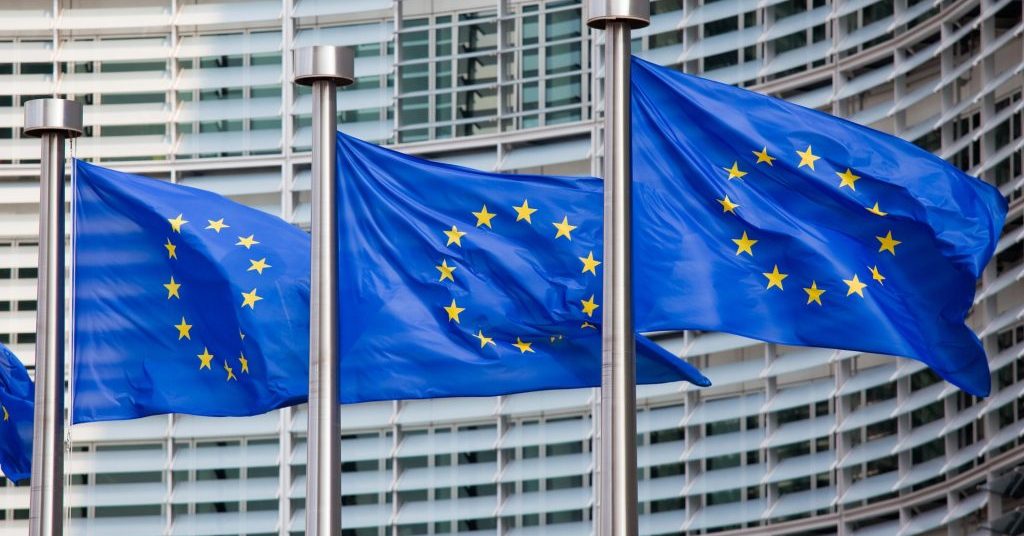Czech Republic introduces crypto regulation and the impact of German elections on crypto
Last Updated on 7 February 2025 by CryptoTips.eu
he European crypto market is facing major changes. In the Czech Republic, the sector is getting a legal framework with stricter rules, while in Germany, the upcoming elections could have a significant impact on crypto regulation.
Czech Republic strengthens oversight of the crypto market
President Petr Pavel has signed the law on digitizing the financial sector, introducing stricter rules for crypto services in the Czech Republic. The Czech National Bank (ČNB) will oversee the market to ensure better consumer protection.
The new law imposes requirements on service providers, such as the obligation to provide customers with clear information about crypto assets and associated risks. Minister of Finance Zbyněk Stanjura (ODS) expects these regulations to clean up the market, leaving only a limited number of licensed providers.
This regulation aligns with the European MiCA legislation (Markets in Crypto-Assets), one of the strictest crypto laws globally. Crypto exchanges and brokers in the EU must now register and collect customer data to prevent money laundering and sanction evasion. This will give governments greater insight into transactions, making the market safer.
The ČNB will also have the authority to impose fines of up to 50 million CZK (approximately €2 million) and maintain a register of licensed crypto businesses. Additionally, the law stipulates that crypto assets cannot be seized in the event of a service provider’s bankruptcy, offering extra protection to investors.
Furthermore, the Czech National Bank (ČNB) is considering buying Bitcoin as a strategic reserve and does not impose taxes after holding Bitcoin for three years.
German elections could influence crypto regulations
While the Czech Republic opts for stricter regulations, Germany may take the opposite approach. The elections have been moved up to February 23, 2025, and the outcome could have significant consequences for the crypto sector.
The right-wing party Alternative für Deutschland (AfD), currently second in the polls, advocates for fewer restrictions on Bitcoin and crypto trading. They aim to give businesses and investors more freedom in using digital assets, potentially accelerating crypto adoption in Germany.
Currently, the German crypto market is regulated under the strict German Banking Act, but if the AfD wins, these rules could be relaxed. The party is also strongly opposed to the introduction of the digital euro and wants cash to remain the only official payment method.
Opposing the AfD are the Greens, currently the third-largest party. They want to establish a national control center to crack down on crypto-related financial crimes such as tax evasion and money laundering. This could lead to increased oversight and stricter reporting requirements for crypto businesses.
What does this mean for the future of crypto in Europe?
While the Czech Republic aligns with strict EU regulations, Germany could take a different path. If the AfD wins, Germany could become one of the most crypto-friendly countries in Europe, whereas a victory for the Greens would result in stricter oversight and regulation.
These developments highlight how divided Europe’s approach to crypto regulation still is. Strict rules can bring more security and trust, but excessive restrictions could stifle innovation. The coming months will be crucial for the future of crypto in Europe.
